The international community should strengthen multilateral cooperation to face global challenges and improve governance, according to speakers at an academic forum.
More than 80 participants from 45 universities and research institutes of 13 countries attended the International Academic Conference on "Social Governance and Global Governance under the Pandemic of the COVID-19" hosted by the School of Marxism at Beihang University in Beijing.
Zhao Yiliang, dean of the School of Marxism at Beihang University, pointed out that the recurring outbreaks of pandemic have led to significant changes in the international system and brought new challenges to social governance, national governance, and global governance.
In response to global challenges such as the slow economic recovery, climate change, and regional instabilities, the international community not only needs to strengthen multilateral cooperation but also needs to form an academic consensus to demonstrate the practical implications of theoretical research, he said.
Chen Xin, deputy director of the Institute of European Studies at the Chinese Academy of Social Sciences, urged the EU-China Comprehensive Agreement on Investment, as a specific case, to look into opportunities and the difficulties of China's cooperation with other countries.
He said that China and Europe's economic and trade relations have undergone structural changes over the past 40 years since the establishment of diplomatic ties. The agreement, which has updated the existing legal framework of bilateral economic and trade relations, will further deepen ties and become an example of promoting international cooperation in the post-pandemic era.








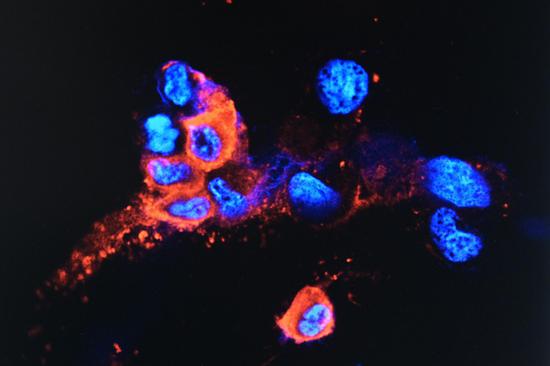

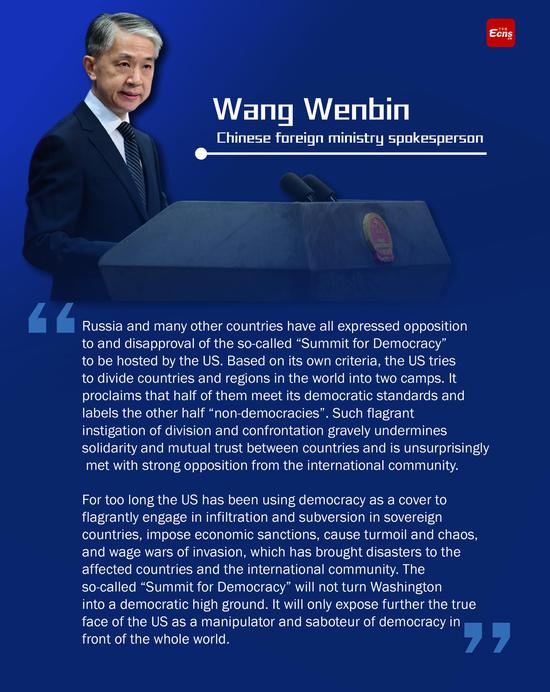


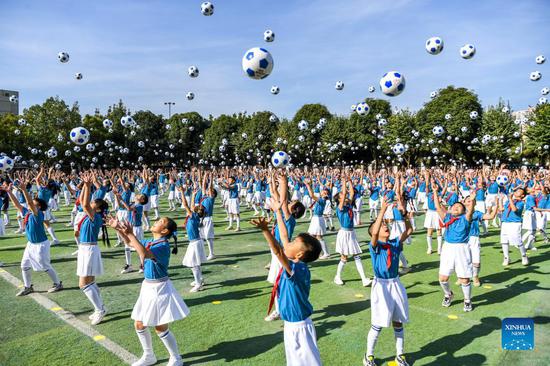
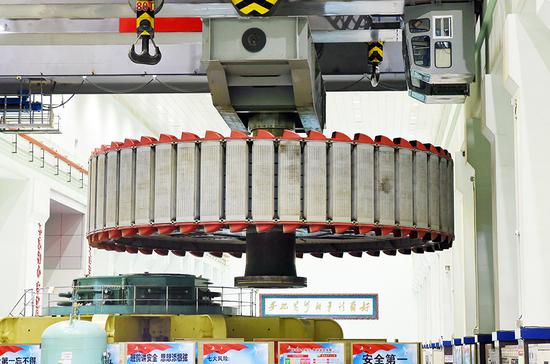

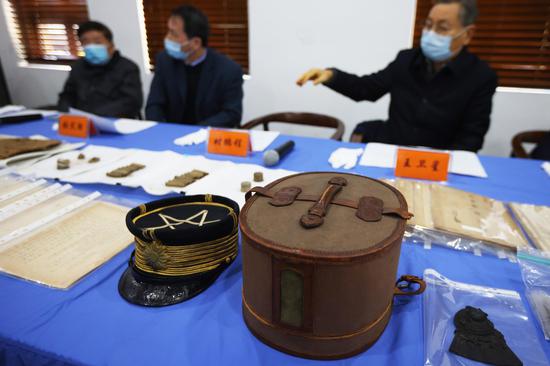
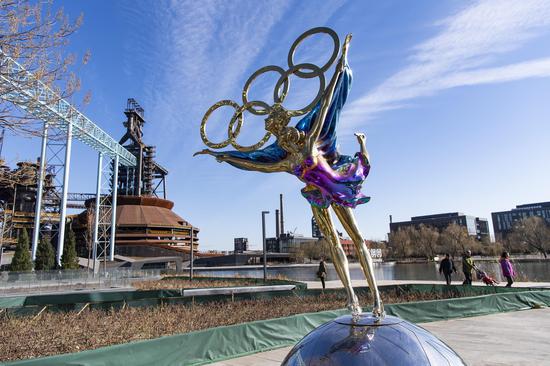
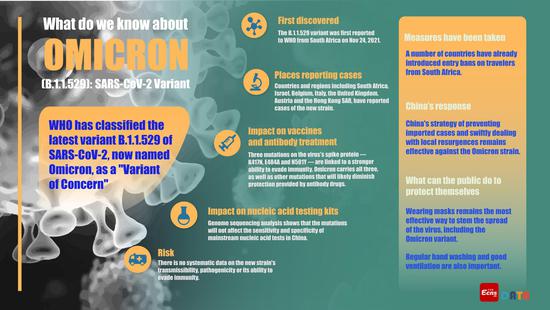
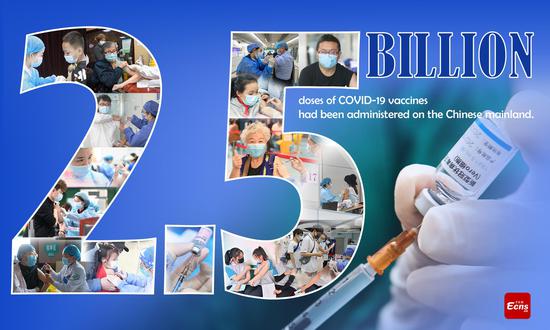

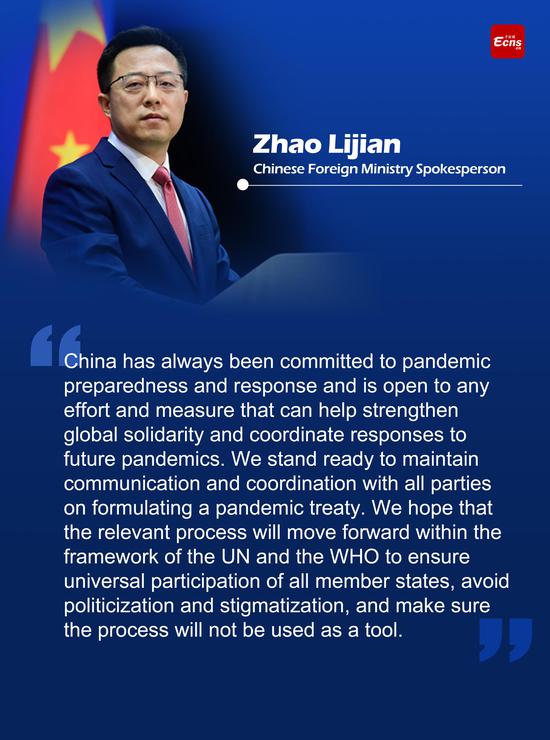
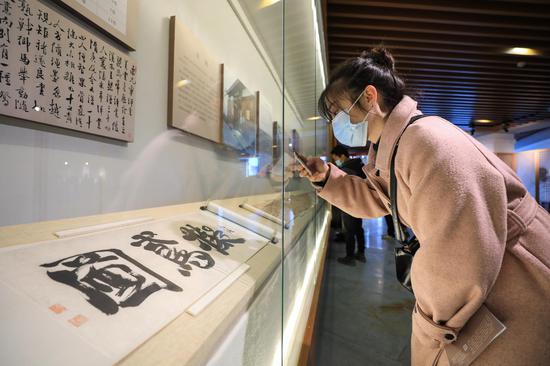
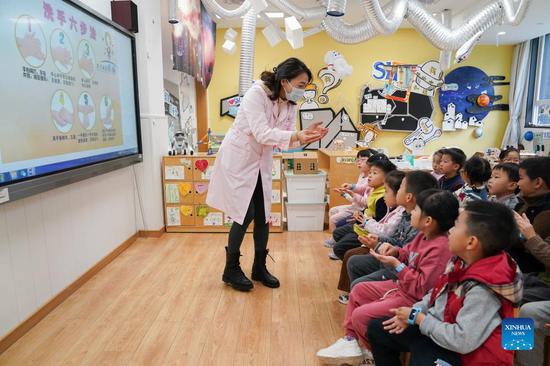

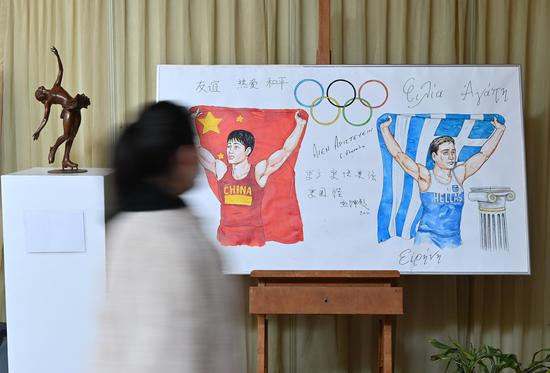








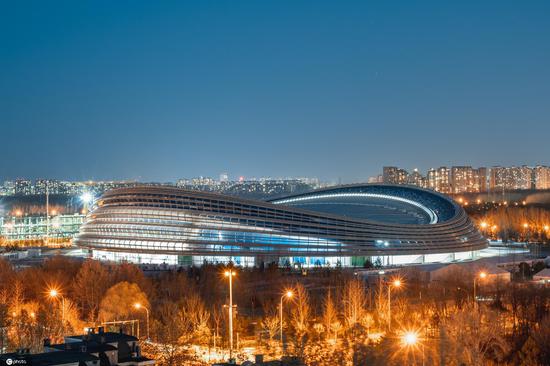
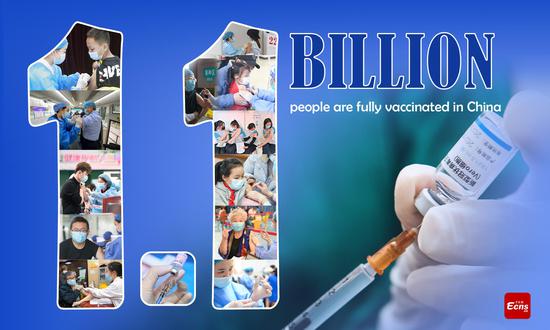
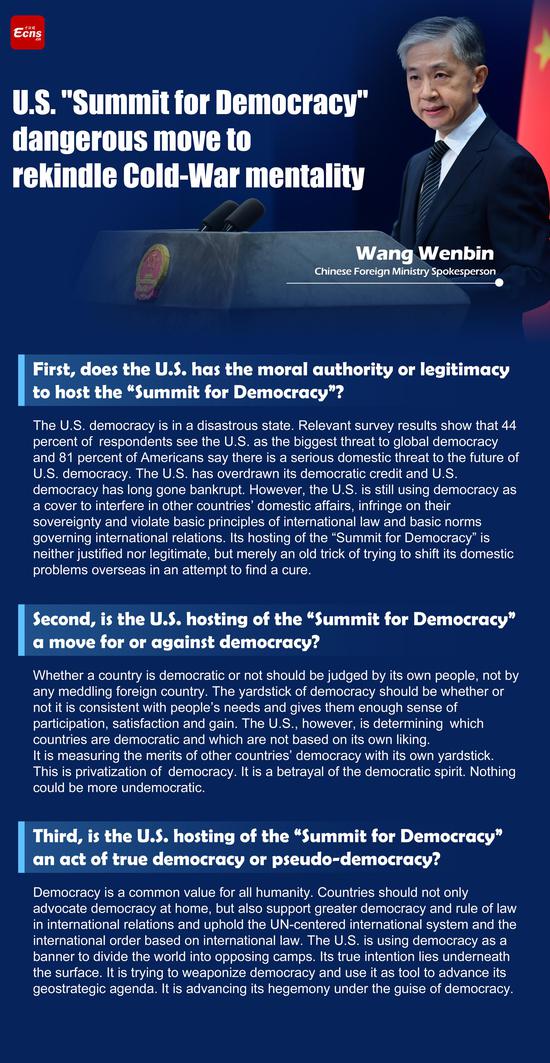
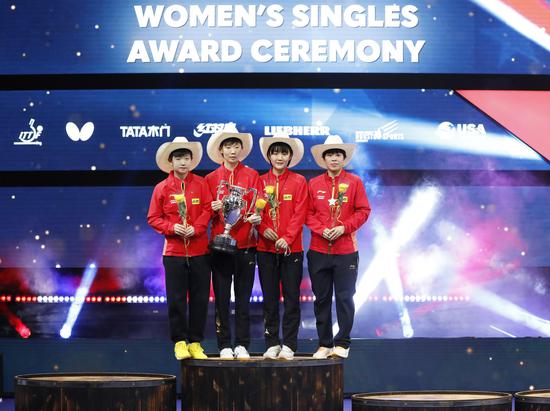



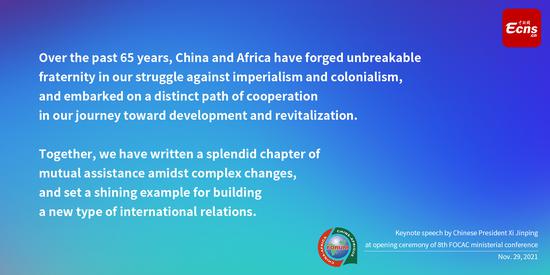






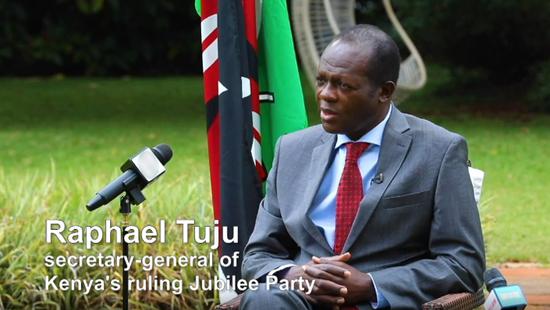

 京公网安备 11010202009201号
京公网安备 11010202009201号